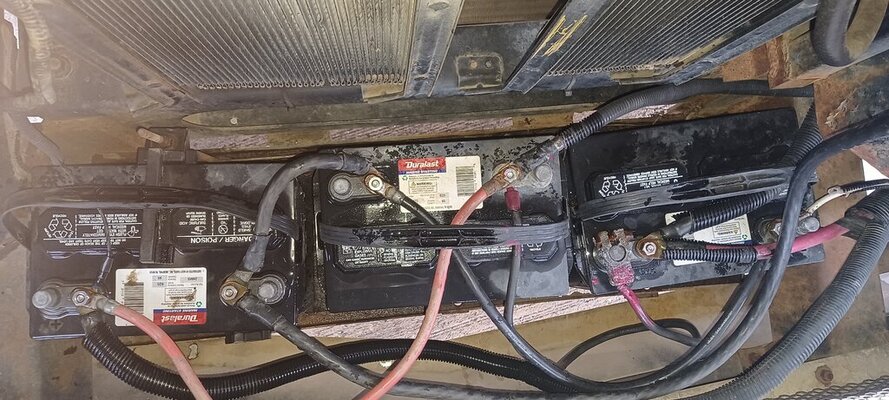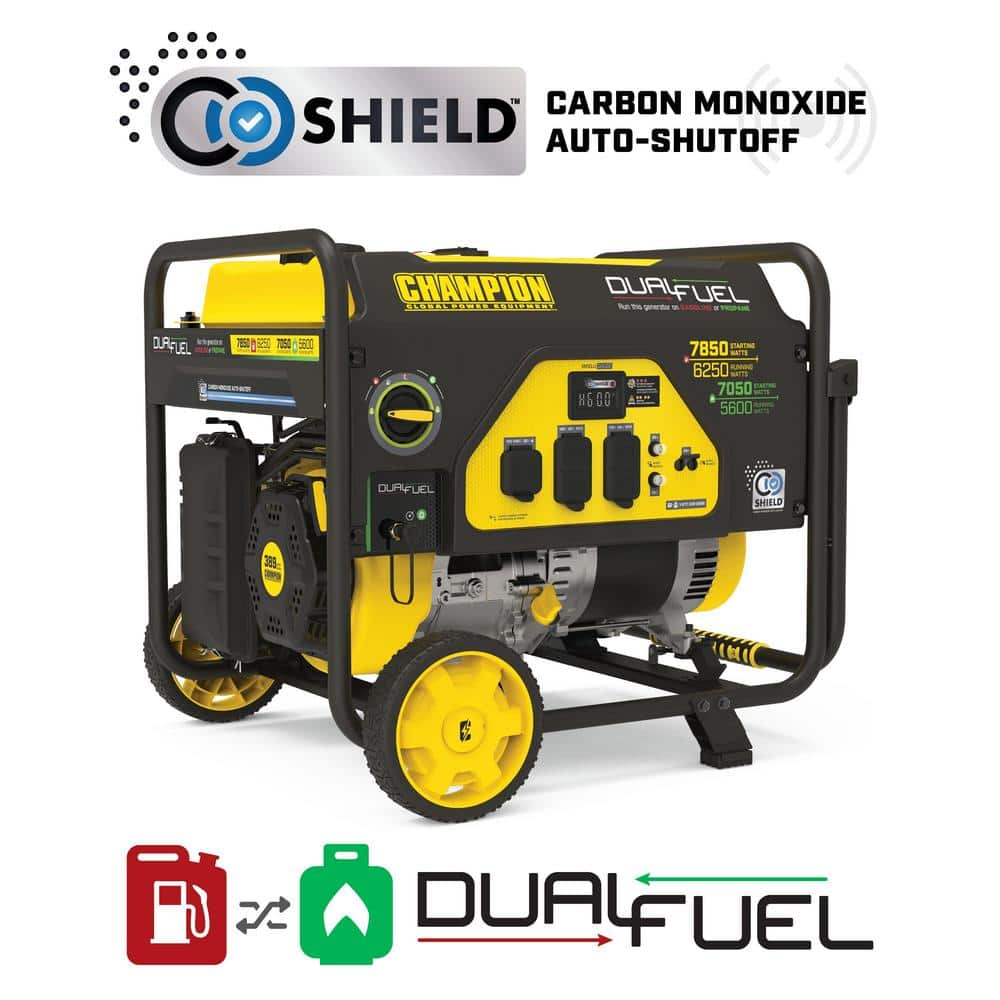Please see my pic, my issue was my batteries died every day. I live in my RV, and currently, im not in a place to plug in. So, my batteries died and id jump start it just to use my water pump and hot water heater etc. I know this has to be a very rookie mistake im making but i do need advice, and this is how im going to learn it. Thank you for any input you have..
OK lets rewind a little bit.
If nothing was smoking and sparking before then the wiring is probably not unsafe and it will power you up if you wire it as it was before.
If all 3 batteries go dead overnight then somehow they are all wired in parallel or you have drains on both the house and the chassis side.
If you are only running a water pump and a few lights you should get a couple days at least out of the battery system. If the water heater is on electric full time you could drain 3 batteries in 24 hours depending on how much water you use.
If the hot water is on propane (not electric) you should still get more than 24 hours. Aside from water, lights and pump are you using any other power to your knowledge?
Also are your lights LED or incandescent? Incandescent bulbs are a pretty big draw.
Just estimating your batteries and if all 3 are in play I would guess you have about 120amp usable power.
Water heater 10 amps X 3 hours = 30 amps
5 X 40w incandescent X 5 hours = 75amps
Pump 1amp X 2 hours = 2 amps
This is pretty much a guess but you can see that even 40w X 12V bulbs use a ton of power. You may have other 12V usage - tv, fridge, laptop.
The point is that a standard battery bank with 1990's technology isn't going to run long without shore power.


